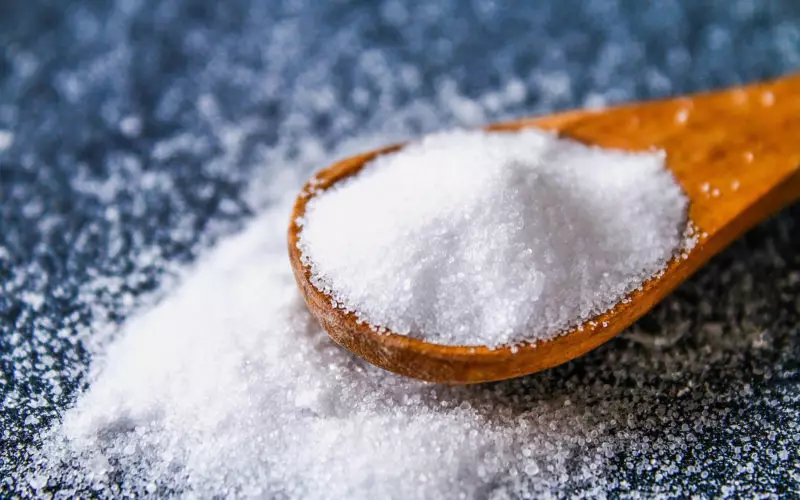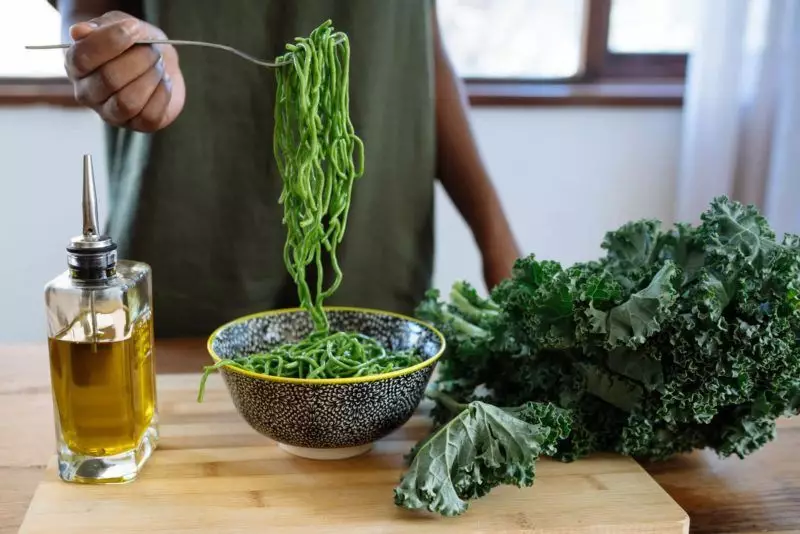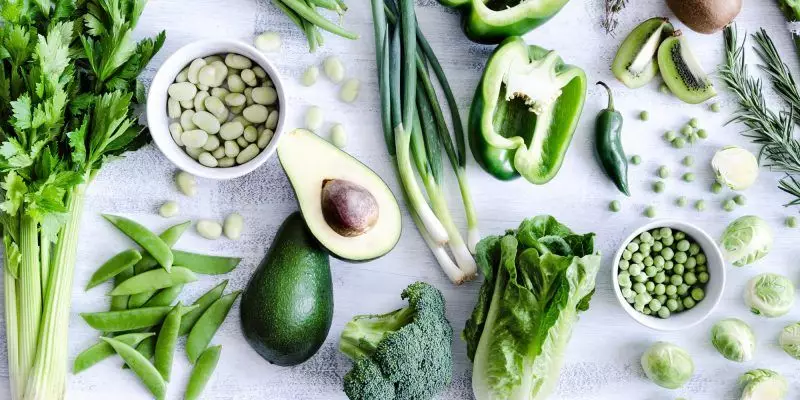
Every nutrient has important roles in the body. Even slightly low levels can cause major problems. This post looks at copper and what it does to the body.
Copper is an important mineral for energy production, various enzymes, iron metabolism, producing connective tissue, gene expression, metabolism and much more. [1]
Recommended copper intake
The standards for copper intake vary from different agencies around the world from 5-10 mg/day. [2]
- The Counsel for Responsible Nutrition ULS (upper limit for supplements) is 9 mg. [2]
- The US Institute of Medicine UL (upper level) is 10 mg. [2]
- The European Commission’s Scientific Community/European Food Safety Authority UL (upper level) is 5 mg.
- The UK Expert Group on Vitamins and Minerals SUL (safe upper level) or GL (guidance level) is 10 mg (SUL). [2]
Reference daily intakes (RDI’s), created for food labeling, are based on the RDAs and are used in the US and Canada. They are estimated to meet the needs of 97-98% of the population.
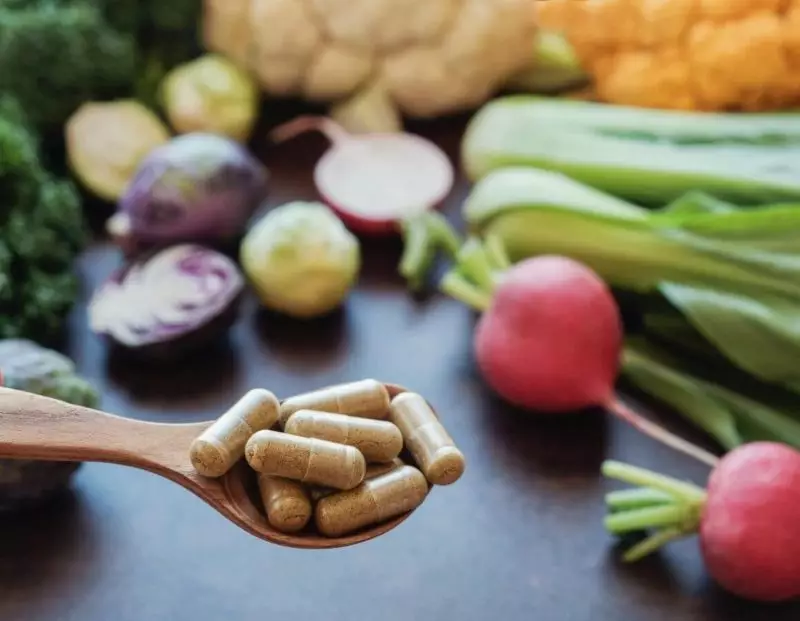
Signs that you may be lacking adequate copper
- Anemia
- High cholesterol
- Issues with connective tissue
- Bone loss or other bone defects
- Trouble digesting fat
- Get sick often/easily
The following are some factors that can change a person’s need for any given nutrient (including copper):
Whole food is always a foundation that should be established before supplementation is started. [8] Nutritional deficiencies are less likely when you’re on a whole food plant-based diet, alongside a generally healthy balanced lifestyle. If you need to supplement, Spirulina Manna as well as Premier Multi-Vitamin can be helpful.
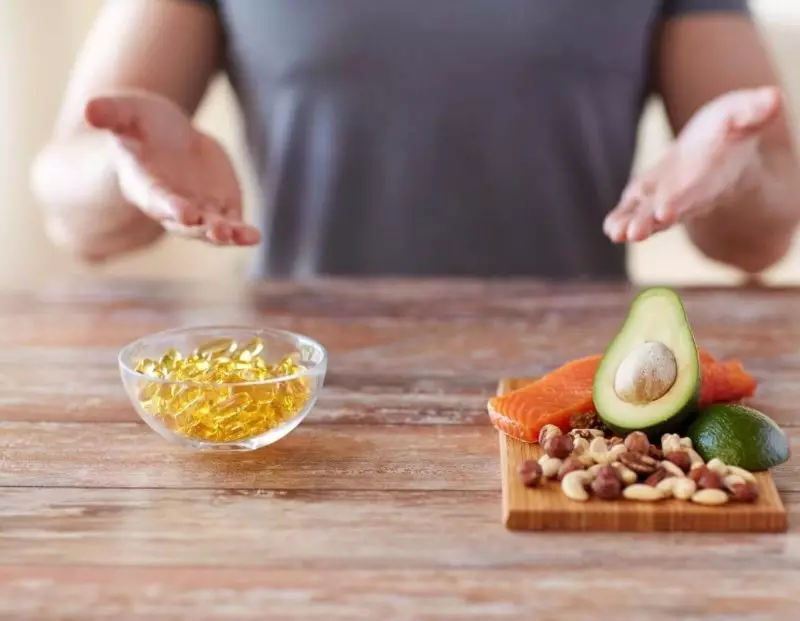
Plants that contain copper
- Unsweetened chocolate (cacao)
- Potatoes
- Shitake mushrooms
- Cashews
- Sunflower seeds
- Tofu
- Chickpeas
- Millet
- Spirulina
- Avocados
- Figs
- Spinach
- Asparagus
- Sesame seeds
If you have health challenges that you can’t seem to get to the bottom of, you may have a nutritional deficiency of copper or any of several other important nutrients.
Start by reducing stress, staying well hydrated and eating a whole food plant-based diet, supplementing as needed. If you don’t feel better within a few weeks, let us help! Call my clinic at 269-204-6525
This article was originally published at New Hope Health Blog.



